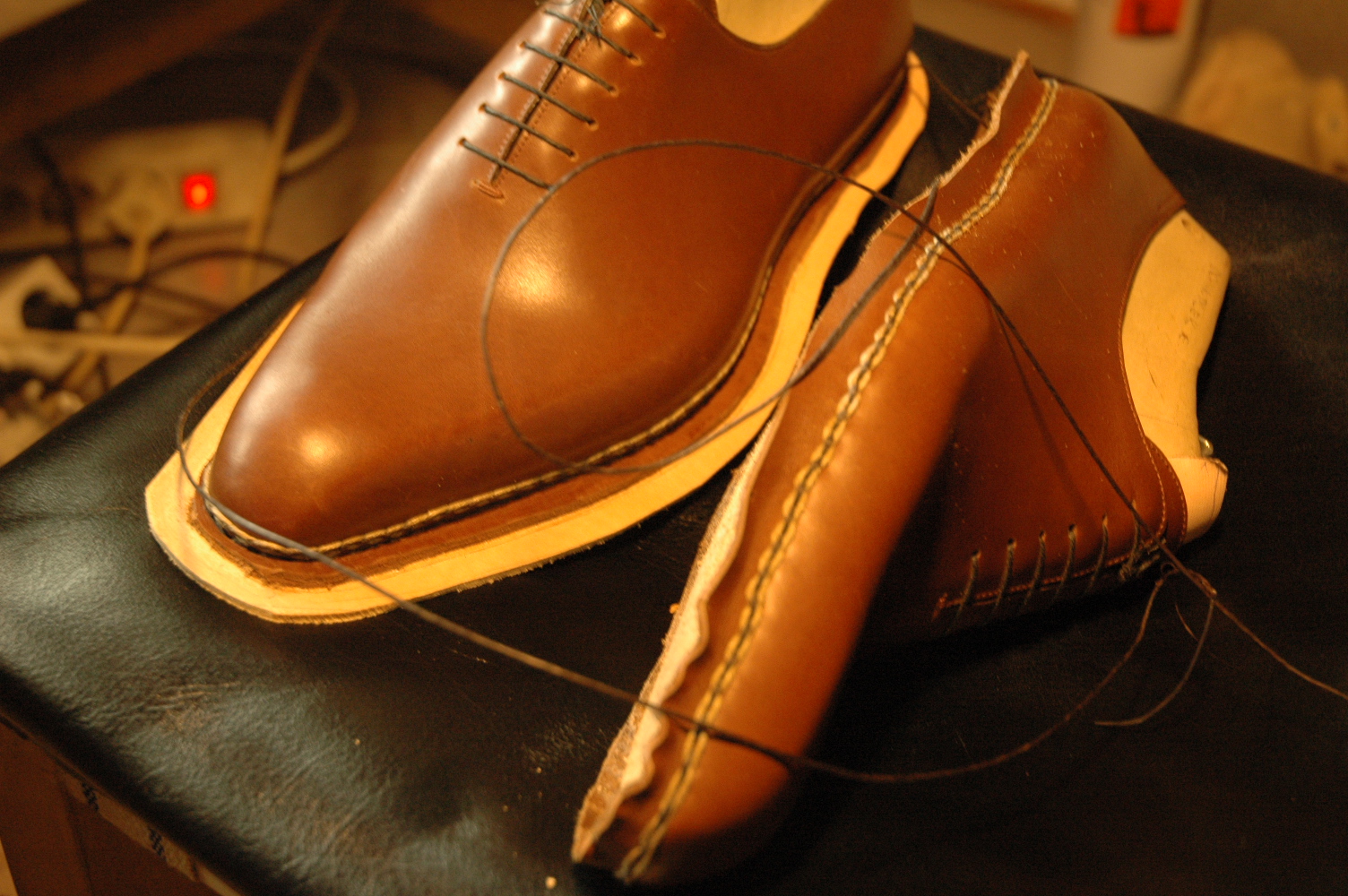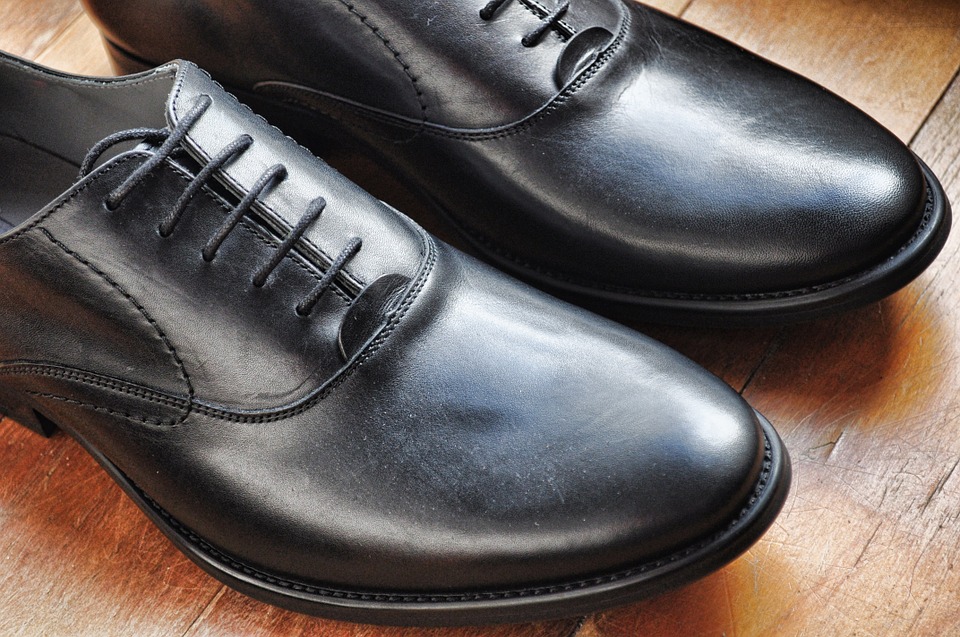Foot health is an important part of overall health and well-being, but many of you do not give it the attention it deserves. Choosing the right Medical Shoes will be a critical factor in supporting foot health. In that blog post, they will discuss the essential factors to consider when selecting medicated shoes for support and comfort. From finding the right size to understanding the importance of arch support, these essential factors are sure to help you find the perfect medicated shoes for your needs.
Importance Of Choosing The Right Shoes
As healthcare professionals, they all know that their feet endure a lot of stress during long shifts spent on their feet. From standing for hours to walking down endless hospital hallways, their feet need adequate support and comfort to avoid developing foot problems or injuries. That is where medicated shoes come into play – a good pair of medicated shoes can make all the difference in maintaining the health of your feet. Choosing the right pair of medicated shoes can mean the difference between experiencing discomfort or pain in your feet, and feeling supported and comfortable throughout your shift.
By investing in the right medicated shoes, you’ll be ensuring the health of your feet, which will ultimately translate to better overall health and well-being. Wearing appropriate medicated shoes can also help to improve your performance at work. Shoes with the right support can reduce fatigue and prevent you from slipping or falling while you’re on the job. It’s no surprise that many healthcare professionals recommend medicated shoes as an essential component of a healthcare worker’s wardrobe.
Understanding Your Foot Type And Needs
When it comes to choosing the right medicated shoes, it’s important to understand your foot type and needs. Not everyone’s feet are the same, and it’s important to find shoes that provide support and comfort based on your individual needs.
- One important factor to consider is your arch type. People with low arches may need more support and cushioning in their shoes, while those with high arches may need shoes with more flexibility and a wider toe box.
- Another important consideration is any foot conditions or injuries you may have. If you suffer from plantar fasciitis or other conditions, it’s important to choose shoes that provide proper arch support and cushioning to alleviate pain and discomfort.
- Finally, think about your daily activities and the type of shoes you need for your work or hobbies. If you’re on your feet for long periods of time, you may need shoes with extra cushioning or shock absorption. If you work in a hospital or healthcare setting, you may need shoes that are slip-resistant and easy to clean.
 Medical Shoes Consider The Arch Support
Medical Shoes Consider The Arch Support
One of the most important factors to consider when choosing Medical Shoes is the arch support they provide. The arch of your foot acts like a natural shock absorber, helping to distribute your body weight evenly across your feet and maintain balance and stability. If you have flat feet, high arches, or any other foot condition that affects the alignment of your feet, you may require additional arch support in your shoes to help correct any issues and prevent further injury. That is particularly important if you spend long hours on your feet or engage in physical activities that place a lot of stress on your feet and legs.
When selecting medicated shoes, look for options that offer varying degrees of arch support, depending on your needs. Shoes with built-in arch support can help reduce pain, improve posture, and increase overall comfort and support, helping you feel better throughout the day. If you are unsure about the level of arch support you require, consult with a medical professional or visit a specialty shoe store where a trained expert can help evaluate your foot type and recommend the right shoe for your needs. With proper arch support, you can take better care of your feet and feel better overall.
Look For Breathable And Lightweight Materials
When it comes to choosing medicated shoes, you want to look for materials that are breathable and lightweight. Your feet are constantly working hard, and you want to make sure they have the proper ventilation to prevent overheating and excessive sweating. Materials like leather, mesh, and synthetic materials are popular choices for medicated shoes because they allow your feet to breathe while keeping them cool and comfortable. Leather shoes tend to be more durable, while mesh and synthetic materials offer a lightweight and breathable option. Another factor to consider is the type of lining in the shoes. Look for materials like fabric or moisture-wicking materials to help keep your feet dry and comfortable.
Check For Slip Resistance
When working in a medical setting, slip and fall accidents will be a serious concern. Therefore, it’s important to choose medicated shoes that have slip-resistant soles. Slip-resistant soles are designed to prevent accidents and provide stability on wet and slippery surfaces. When looking for medicated shoes, make sure to check the label or product description for slip resistance. Some shoes may even have special rubber compounds in their soles to ensure better traction.
It’s important to note that slip resistance does not guarantee slip-proofing. Always practice caution when walking on wet or slippery surfaces, even when wearing slip-resistant shoes. By prioritizing slip resistance, you can protect yourself from accidents and feel confident and secure in your medicated shoes.
Opt For Cushioned Insoles
When it comes to medicated shoes, cushioned insoles are an essential feature to consider. Cushioned insoles help to provide a layer of support and comfort to your feet while also protecting them from impacts and shock. That is particularly important if you’re on your feet for extended periods of time, or if you have a condition that causes foot pain. When shopping for medicated shoes, look for models that come with removable insoles so that you can customize the level of cushioning to your specific needs. Orthotic insoles, which are specially designed to alleviate pain and discomfort caused by conditions such as plantar fasciitis, will be a great addition to your medicated shoes.
When trying on shoes, take note of how the insoles feel against your feet. They should feel comfortable and provide ample support, but not be so thick that your feet feel cramped or constricted. Cushioned insoles will be a game-changer when it comes to the comfort and support of your medicated shoes, so make sure you choose a pair with that feature in mind.
Choose A Secure Fit
The right fit is essential for ensuring the optimal function and comfort of your medicated shoes. A secure fit means that your shoes should fit snugly without feeling too tight or too loose. Shoes that are too tight can cause circulation problems and lead to foot pain, while shoes that are too loose can increase your risk of slipping and falling. When choosing medicated shoes, always take the time to measure your feet properly. Make sure that you have ample room for your toes to move and breathe, while the heel of your shoe should not slip up and down. If you’re buying shoes online, refer to the sizing charts provided by the manufacturer, and always read the reviews of other customers who have purchased the same model.
If you’re purchasing shoes in a physical store, make sure to try on both shoes, and walk around in them for at least a few minutes. That way, you can assess how they feel, and whether there are any areas that are rubbing or pinching your feet. If you’re unsure about the fit, always ask the sales assistant for advice or recommendations.
Prioritize Durability
When it comes to medicated shoes, you want a pair that can withstand the wear and tear of daily use. Your medicated shoes should be durable enough to withstand all the movement, weight, and pressure your feet exert throughout the day. Consider choosing medicated shoes that are made with high-quality materials that can resist wear and tear. Look for brands that use premium leather or synthetic materials to ensure the shoes are sturdy enough to last for years. It’s also essential to check for stitching and glue quality. Medicated shoes with a sturdy and well-sewn sole will offer more durability, support, and traction than shoes with poorly sewn or glued soles.
Remember that the durability of your medicated shoes is not just about getting more mileage out of your purchase. Durability can affect the overall health of your feet, and it can impact your performance on the job. Choose a durable pair of medicated shoes, and you’ll be able to provide the best care for your patients, day after day. To ensure the durability of your medicated shoes, it’s essential to take proper care of them. Clean and condition your shoes regularly to keep them looking good and to prevent them from wearing down prematurely.
Think About Style And Color Options
When it comes to medicated shoes, functionality is obviously the most important factor to consider. But that doesn’t mean you can’t have a little fun with the style and color options! After all, you’ll be wearing these shoes all day, every day, so why not choose a pair that makes you feel good? First off, think about the dress code requirements for your workplace. Some medical facilities have strict rules about the color and style of footwear, while others allow a bit more flexibility. If you’re free to choose, consider what colors and patterns would complement your wardrobe and personal style. While white or black shoes are the traditional choice for medical professionals, there are plenty of options in more vibrant hues.
When it comes to style, you’ll want to choose something that offers plenty of support and stability, but that also suits your personal taste. Look for options with adjustable straps or laces, so you can customize the fit to your foot. If you prefer a slip-on style, make sure the shoe has a secure fit around the heel to prevent slipping.
Don’t Forget To Break Them In Properly
One important factor in getting the most out of your medicated shoes is taking the time to break them in properly. That can help to ensure a comfortable and secure fit, as well as prevent any rubbing or blistering that may occur with new shoes. To break in your new shoes, start by wearing them for short periods of time each day and gradually increasing the length of wear over time. That can help to mold the shoes to your feet and allow them to stretch and flex in all the right places. Try wearing your shoes with the same type of socks or inserts that you plan to use regularly. That can help to ensure a consistent fit and feel, and can also help to prevent any unexpected discomfort or irritation.
Conclusion
Choosing the right medicated shoes can make a significant difference in your foot health, overall comfort, and even your performance at work. By understanding your foot type and needs, looking for arch support and cushioned insoles, and prioritizing slip resistance and durability, you can find the perfect pair of shoes for your needs. It’s essential to remember that medicated shoes need to be broken in properly, and you shouldn’t compromise style for comfort. With these significant considerations in mind, you’ll be able to make an informed choice when choosing the perfect medicated shoes for your needs.



